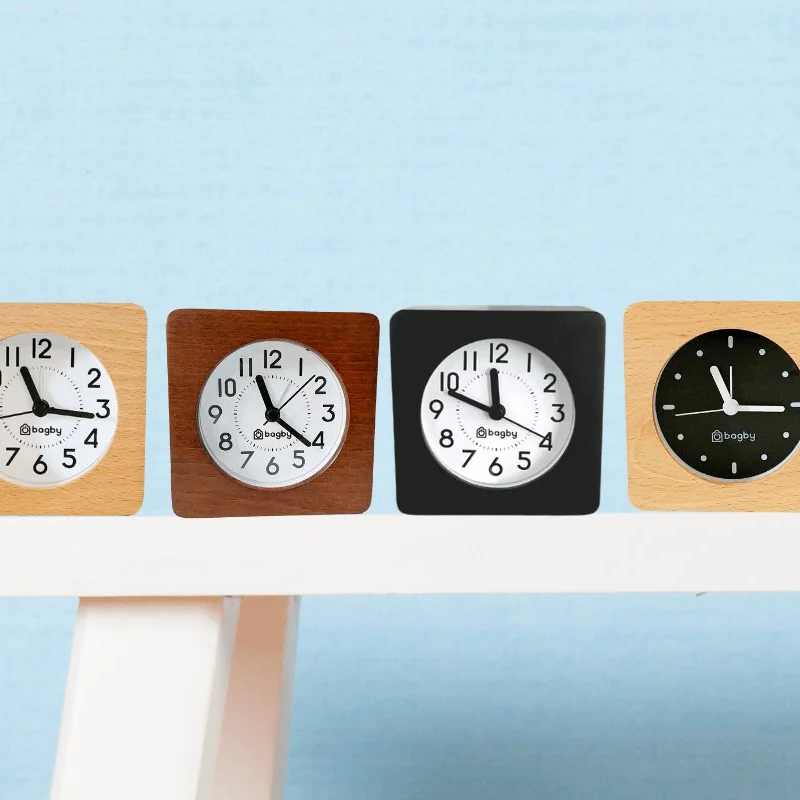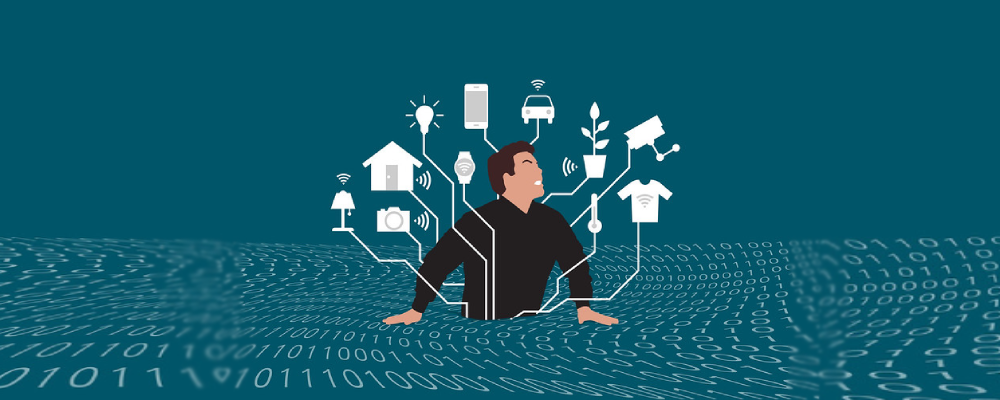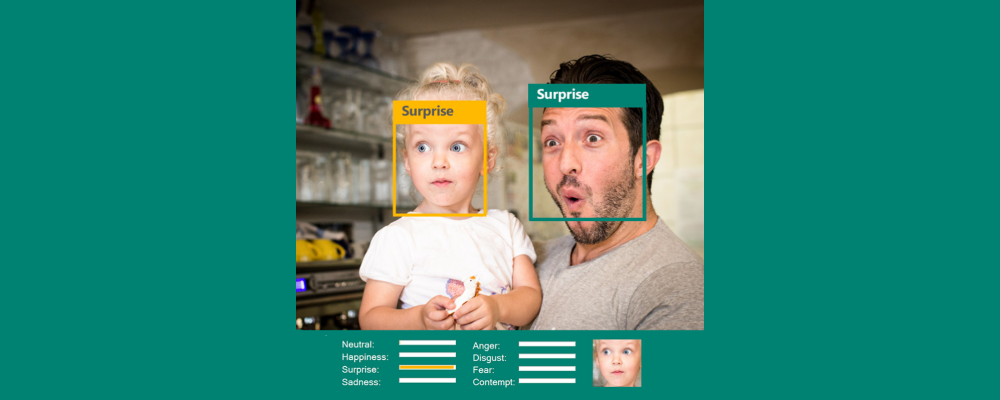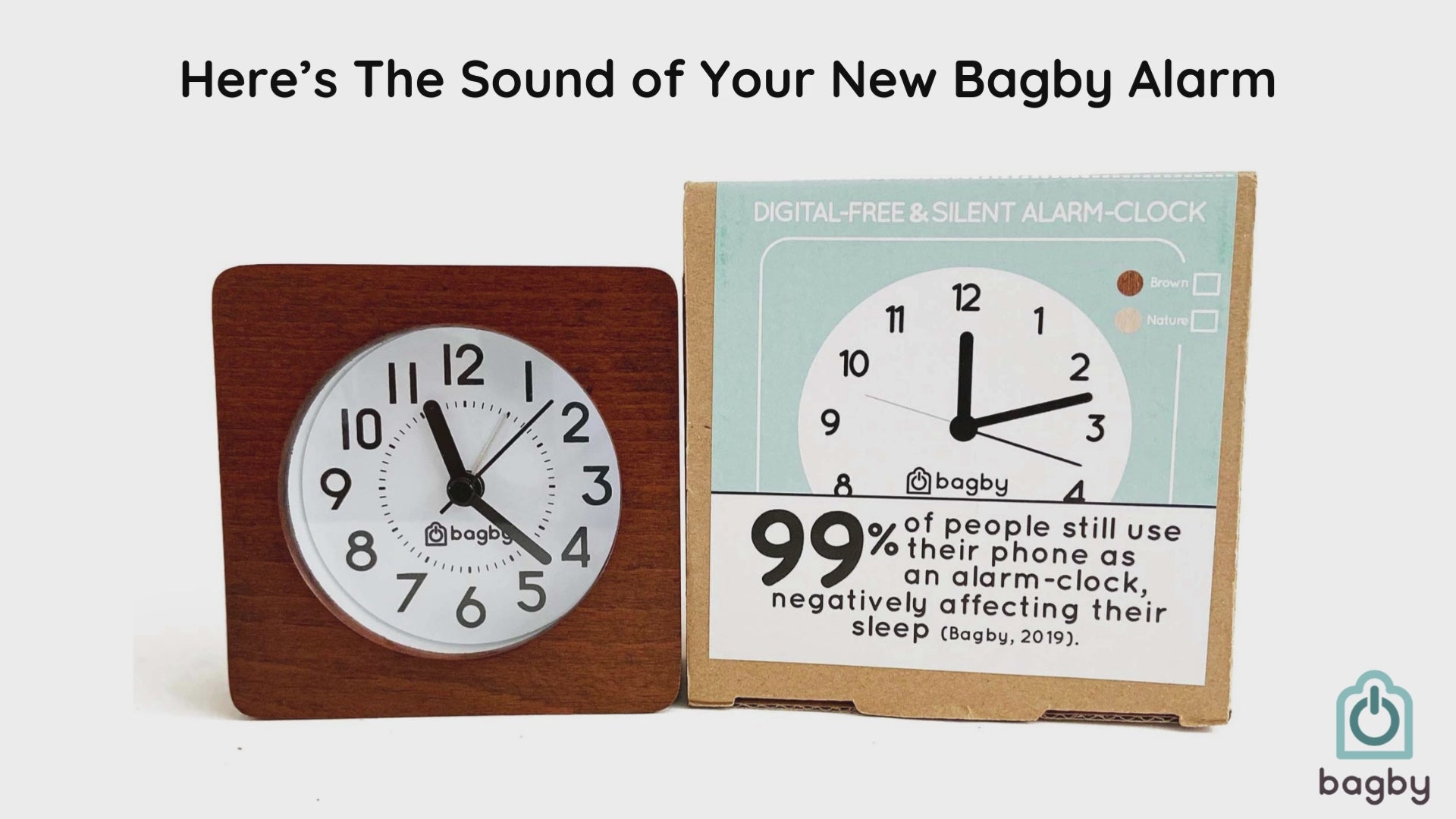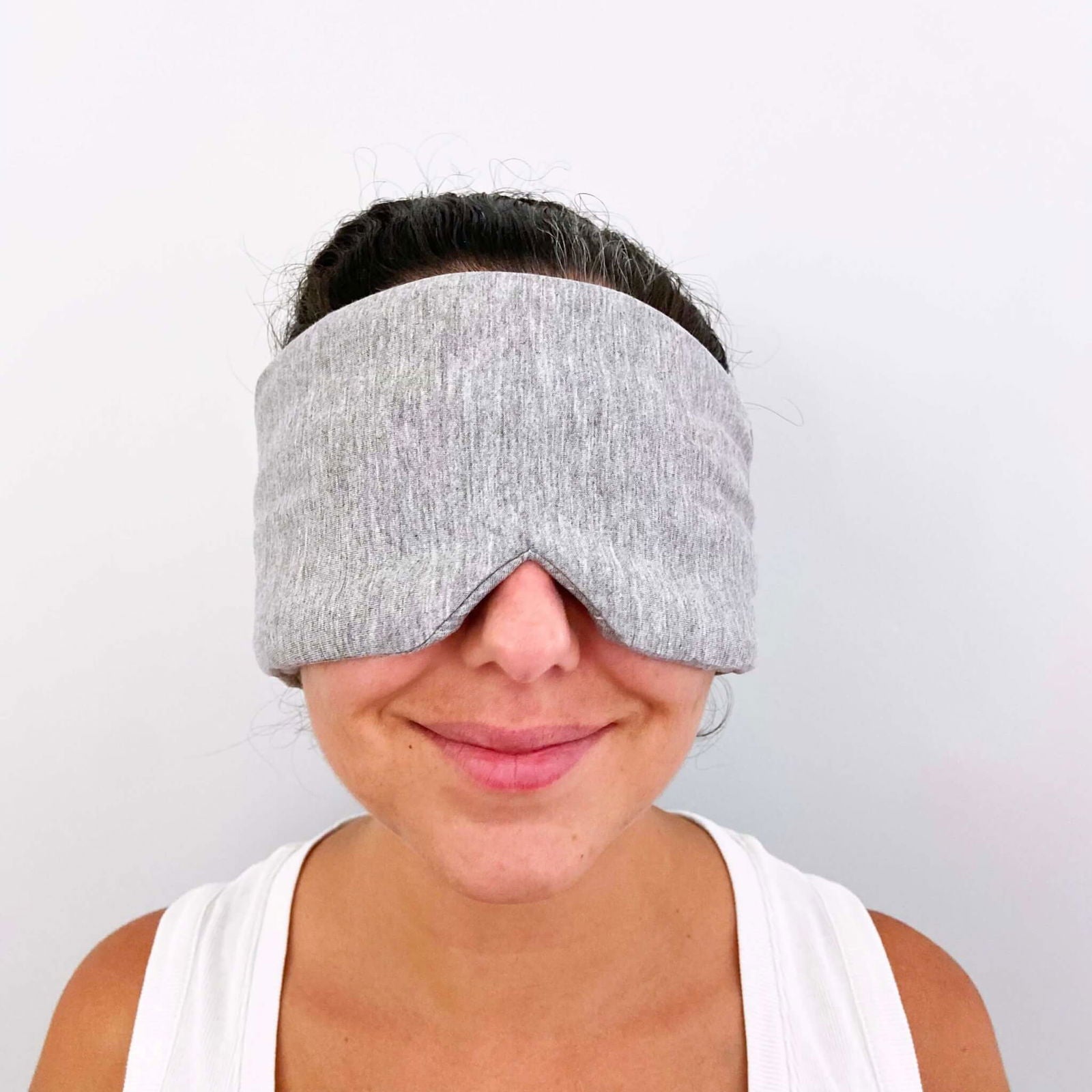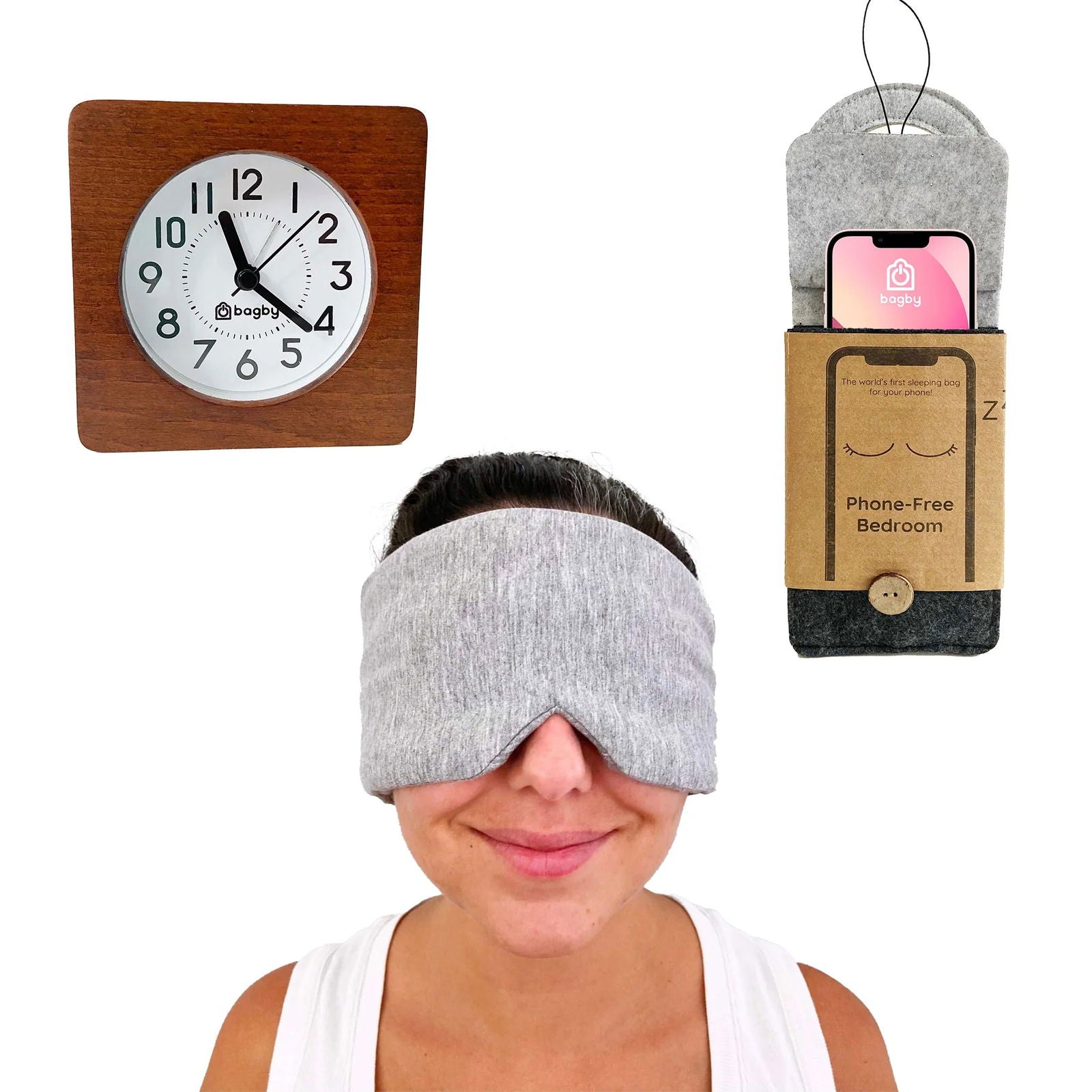Inarguably, we’ve become too tech-dependent today. And this dependence is negatively affecting our lives, say experts.
Think about this for a moment: If you didn’t have your phone for a day, what problems would you face? Maybe you’d miss out on some important things. But, how many hours a day do you use your phone for stuff that’s genuinely important?
The anxiety, the uneasy feeling of not having your phone, rarely comes from the fear of missing something important. Odds are, you’ll feel this unease simply because of your inability to use your phone.
Today we depend on technology for a ton of things ranging from shopping and entertainment to communication and education. And being tech dependent to this degree has some real-life consequences.
This post aims to have a deep and thorough look at why we have become so tech-dependent, the consequences of tech dependence, and what you can do to protect yourself from its effects. So, let’s begin.
When We Didn’t Have Addictive Tech
In stark contrast to the present, let’s travel back to 1993 and look at this 10-minute video of people having a coffee break at Starbucks in Seattle.
Surprisingly, the scene doesn’t look too different from today. We can see people engaging in conversations, enjoying their drinks, and placing orders, but with one noticeable distinction: the lack of tech. There are no smartphones in sight, and no one is engrossed in a laptop because there is no Wi-Fi available.
Now let’s fast-forward to the present. What do we see? A complicated era with little to no form of human interaction, completely ensnared by the pervasiveness of modern technology.
Is this really the world people centuries ago envisioned as a bright future?
Why Have People Become Overly Tech Dependent?
Technology affects almost every aspect of modern life. You’ll find technology everywhere, from transport safety to healthcare, socialization, entertainment, and productivity.
It plays a huge role in our increased convenience and enhanced quality of life. Today, we can’t even imagine our lives without technology.
But because of this, most things in our lives depend on tech. And that’s causing some serious problems. Have a look.
Social Isolation
The first downside of being tech-dependent is that it has the potential to socially isolate an individual.
There’s no doubt that the internet brought the whole world together. Today you can get in touch with people anywhere in the world through social media and communicate like you’re in the same room.

Ideally, this should quench our primal need to be social. But experts say that it has the opposite effect. The more we use technology to socialize, the more it makes us feel isolated.
And there’s a very good reason for this.
See, although we’re modern and advanced in the 21st century, our unconscious brain still follows those 200,000-year-old codes that evolution engraved in our DNA.
For our evolution-based brain, socializing means meeting people in a physical space where you can feel their presence. No matter how many social media posts you heart, how many hours you text for, or what videos you watch, for your brain, you’re sitting in a room alone staring at something emitting light.
This doesn’t fulfill our evolutionary need to be social. So, our brains start pushing us to be social in other ways. When we don’t do that, we start suffering from problems like anxiety and depression.
Less Meaningful Conversations
Imagine meeting someone new and building a relationship. In older days, you’d have to actually be with them to know more about them. But now, you can converse over the internet, consequently limiting physical contact.
Research says that because of this over-reliance on technology, we lose the most meaningful aspects of conversations, leading to poor bonding.
Too Dependent on Digital Validation
“This is totally going viral, says the father to the mother in the TV commercial, as he calmly records their two young children emptying out shampoo bottles, and making a mess of the bathroom. At the end of the commercial, the mother happily announces that the posted video has received 20,000 views.”
This is an excerpt from an October 2016 issue of Social Work Today.
The commercial mentioned in the article pokes fun at the lengths people will go to attract attention and feedback from their online following.
“There’s a human tendency to want to find a sense of identity in what we do and how we look from external sources,” says Brooke Sprowl, founder & CEO of Santa Monica Therapy and My LA Therapy. “This can lead to us becoming addicted to sources of approval and validation outside of ourselves.”

Today, seeking validation on social media is quite normal. But experts say that it could be one of the worst things you can do to yourself. According to Psychology Today, this validation-seeking behavior can become more frequent, and you can become dependent on it, betting your mental, psychological and emotional health.
So, if you don’t get the likes or reactions you expected, it can take a huge toll on your happiness, self-esteem, confidence, and mental wellness.
FOMO
Netizens who live their lives through a virtual filter are highly prone to developing a chronic case of FOMO.
But what is FOMO?
FOMO, or fear of missing out, is a type of anxiety that sprouts from the feeling of exclusion from social cliques. Researchers say it can become so intense that some people drop everything just to be part of the fleeting online moments.
Learn more about FOMO, its effects, and prevention in my post “FOMO: How to Lessen Fear of Missing Out That Deteriorates Your Wellbeing.”
Decreased Focus & Attention
“What we do find with technology like smartphones and tablets is that they have the tendency to increase our absent-mindedness, reduce our ability to think and remember, to pay attention to things, and regulate emotion,” says Dr. Horwood, a senior lecturer in the School of Psychology at Australia’s Deakin University. “Most of us have our phones within arm’s reach. Even the possibility of a message, a call, or something happening on social media is enough to divert our attention away from what we are doing.”
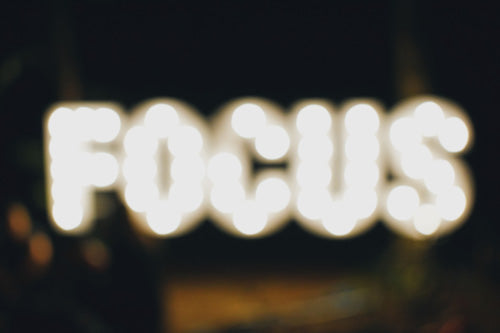
Decreased focus and attention are serious problems in the modern world. Because everything is at our fingertips, our brains don’t have to work as hard. And they get habituated to the situation.
But since not everything in the world is tech-based, we still have to rely on our brains to do things. And since our brains have become habituated to working differently, we face a bunch of problems.
Less Thinking
You’re in a restaurant with your friends and ask for a check. It’s $84, and you want to tip 20%. Will you perform the calculation in your head?
Most people would say no. You’d simply take out your phone and perform the necessary calculations.
Let me paint you another scenario. Your phone is dead, and you need to call someone from your family to come pick you up. Can you go to the nearest payphone and dial from your memory?
If you said yes, you’re one of the few people that doesn’t rely on their phones for memorization tasks like these.
Since technology has made it so much easier for us to perform these tasks, we no longer feel the need to exercise our brains. And according to the experts, this is not good. Lack of exercising your brain with memorization and cognitive tasks can cause your mental ability to reduce, making you prone to dementia and memory loss as you age.
Tech Addiction
Statistics say that teens today spend 7.5 hours per day using some form of screen. And that’s excluding using screens for school and homework.
And not only teens. Qualitative remote research platform Dscout found that a typical smartphone user touches, taps, or swipes their mobile device a staggering 2,617 times per day.
Undeniably, for most of us, our cell phones are the first thing we check when we wake up and the last thing we see before shutting our eyes for the day. And certainly, this can’t be without any repercussions.
Many experts recognize tech addiction as a mental disorder and say that it can cause a variety of problems, including:
- Depression
- Anxiety
- Inability to prioritize or keep schedules
- Isolation
- Avoidance of work
- Agitation
- Mood swings
- Backache
- Carpal tunnel syndrome
- Headaches
- Insomnia
- And more…
Some reports say that up to 38% of the general population suffers from problematic technology use. And this number is rising every year.
And More…
These are just a few of the many problems that arise from being too tech-dependent. There are more, including:
- Anxiety and depression
- Impatience
- Lack of creativity
- An always wandering mind
- And a loss of real-world skills
What Can You Do?
Now that you understand the dangers of being too tech-dependent, I’m sure you’re wondering if there’s anything you can do to protect yourself from these effects.
The good news is, there is. And you can still enjoy the convenience technology provides without being subjected to the risks that tag along. Have a look.
Use Your Head for Simple Calculations and Memorization Tasks
The first thing I recommend you do is to use your head for simple calculations and memorization tasks.
Experts say that using the brain for calculations enhances your ability to concentrate on other things. And these increased concentration levels will naturally improve your ability to absorb more information.
According to research studies, the human brain can store 2.5 petabytes of information. That is equivalent to 2,560 terabytes, or 2.5 million gigabytes. So, by all means, use it!

Relying too much on technology to do your memorization tasks can cause your nerve cells to die faster. This can cause memory problems like forgetting where you parked your car, getting your passwords wrong, not remembering people’s names and faces, and more.
And all you need to do to counter that is to start using your brain. So, the next time you have to tip 20% of your check, do the math in your head. And start learning phone numbers, so the next time you need to dial someone you know, you don’t have to worry if your phone’s dead.
Keep Your Phone Out of Bed
This is one of the most important things you can do to lower your tech dependence and, with it, your tech addiction.
Instead of using your phone at night for entertainment, you can use techniques like introspection and retrospection. This will not only keep your mind engaged before you fall asleep, but it will also give you a lot of clarity on what’s going on in your life.
Besides that, not using your phone at night also protects your eyes from blue light exposure. Blue light, as you may know, is one of the most potent melatonin suppressors. So, when your eyes aren’t being exposed to blue light, your sleep quality will also improve significantly.
Take a Tech-Break
Tech breaks are really important because they help you understand what you can and cannot do without using modern technology as a crutch. You don’t need to have your tech break interfere with your work or other crucial aspects of your life.
You can decide when you want to take a break. Maybe you want to spend a tech-less weekend or tech-less evenings. Just choose whatever fits you the best.
For more clarification, visit my in-depth post on “Digital Detox.”
Turn Off Your Phone When You’re with Other People
This is the key to having meaningful conversations: don’t use your phone when you’re with other people. I get that you want to see how many likes you got on Instagram or keep up with what your favorite accounts are posting.

But think about this. You could save all of those things for when you’re alone, and it wouldn’t change a thing. So, why not use that time to be in the moment and enjoy the other person’s company?
Enjoy Real Life
Once you get the hang of it, real life is much more vibrant and beautiful than virtual life. It’s how evolution designed us—to be social, to enjoy beautiful moments, and to be happy.
And this doesn’t have to be complicated. For example, instead of spending hours binging media content, you could take that time to go for a walk at the park, enjoy nature, exercise, or meet with your friends, family, and loved ones.
Even going to the mall instead of using shopping apps on your phone is a big change. A change that will benefit you.
So, even though we’re submerged deep in the virtual world, try to stick your head out once in a while and breathe some fresh air.
2022: Teens Are Joining the Luddite Club
In October 2022, Business Insider reported on why Lola Shub, a high schooler from New York, ditched her smartphone and joined the Luddite club.
“We all hated our smartphones and the baggage that comes with them: the relentless use of social media, the endless scrolling, the snaps, and the selfies. None of us wanted to be “screenagers” anymore, but it was hard to step away.
So, we created the club to provide a space where we could put aside our small computers and experience life without them,” Lola said.
The group that Lola and her friends formed in NYC now meets at their local library. And the club has only one rule: no smartphones.
Here’s how she shared her experience after giving up her smartphone:
“All those moments when I normally would have reflexively pulled it out — riding the subway, waiting in line at the store, going to the bathroom — were now moments of silence. For some people, this could become a problem. It’s a lot, just sitting with your thoughts, and I know that can be hard. But it’s also a really wonderful thing to practice and learn how to do.”
So, what can we learn from Lola and her club?
What I Was Doing Was Unrealistic
When her friends talked her into ditching her smartphone, she went too far at first.
She didn’t have a phone for a month. And that wasn’t realistic at all, she said.
Lola couldn’t call her parents or get in touch with her friends, which eventually made her feel alone.
To counter this, she got herself a flip phone. And she felt an intense sense of relief.
See, technology is what makes our lives as comfortable as it is now. And it would be unwise to ditch it entirely and try to live as people lived centuries ago.
The key is creating a healthier balance between the real and the virtual world, finding alternatives, and making sure that you’re spending more of your time in the world that you live in.
Final Thoughts
So, how do you create the balance?
You need to start thinking about your smartphone, tablets, or computers as tools that help enrich your life and not something that requires your constant attention.
Make technology work for you and not vice versa.
The Healthier Tech Podcast can teach you how. We have many experts from different industries sharing tips on how to use technology in a way that benefits you—without you being subjected to its adverse effects.
We’re available on all major platforms, so you can tune in today.


